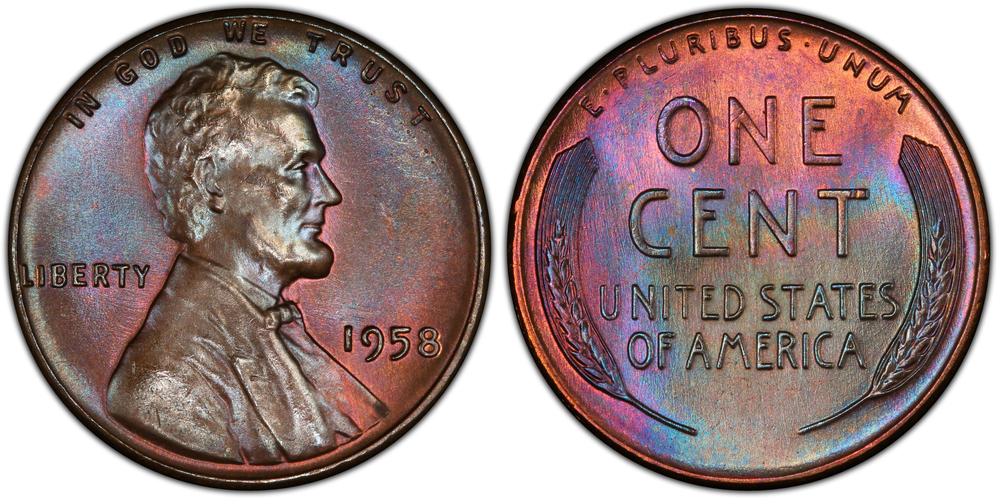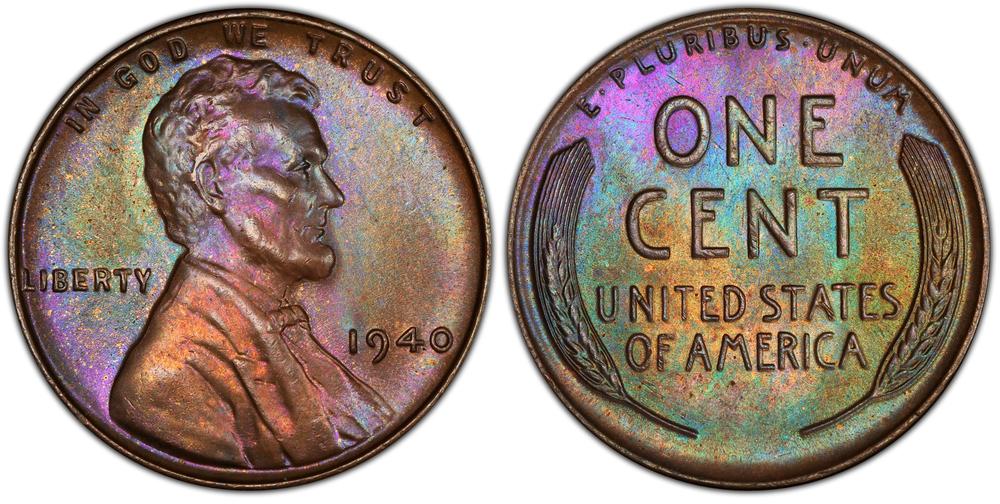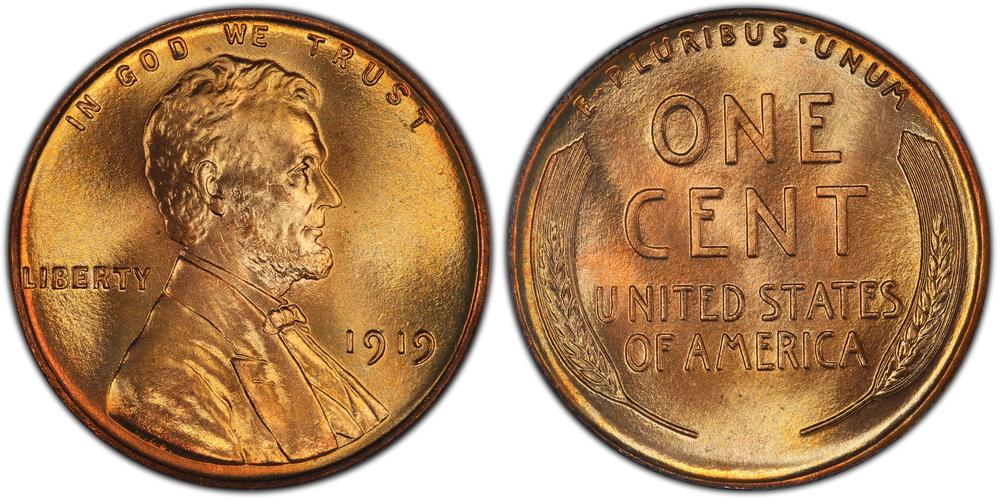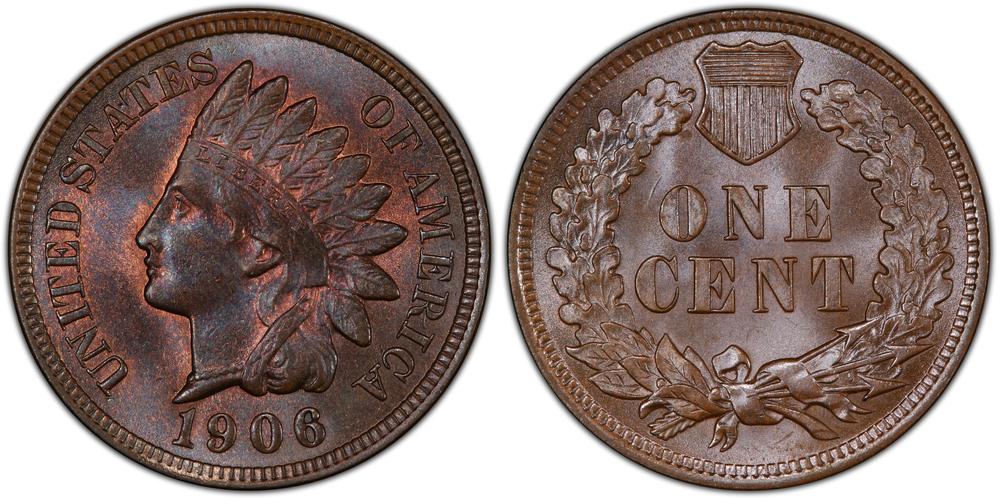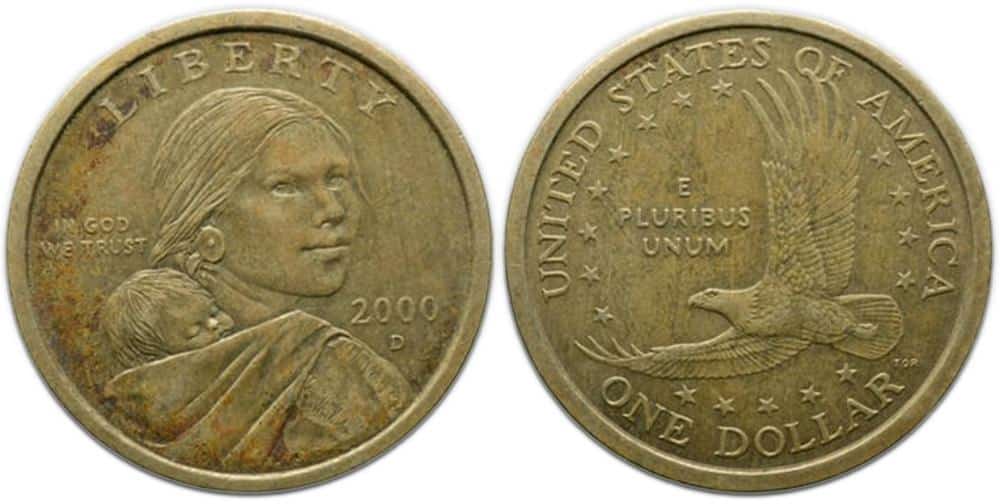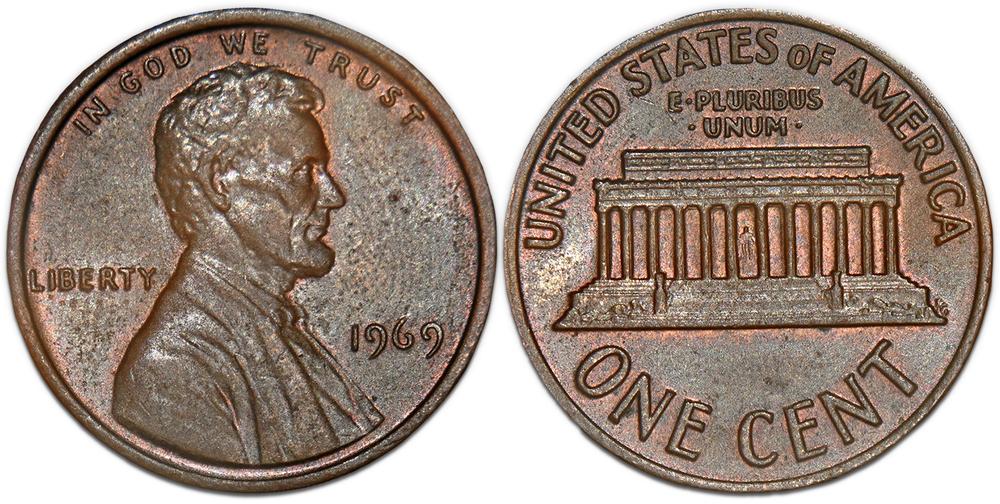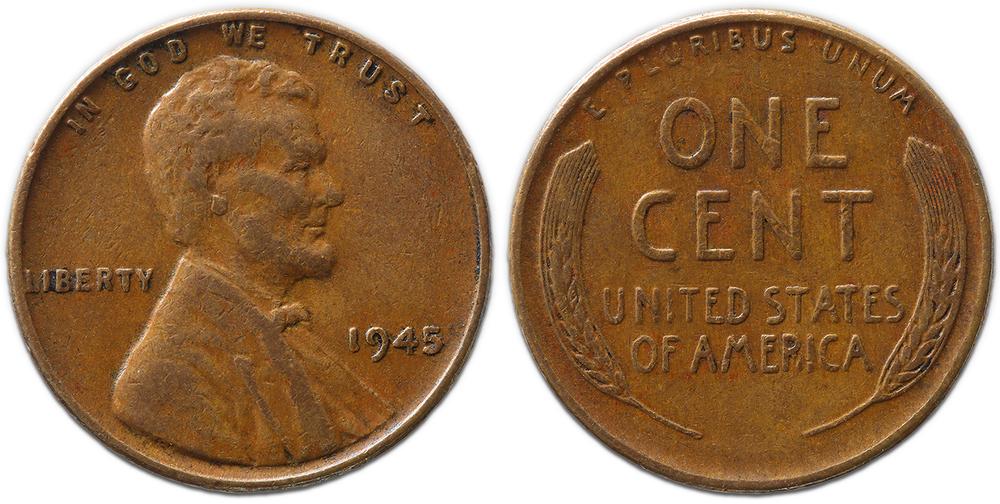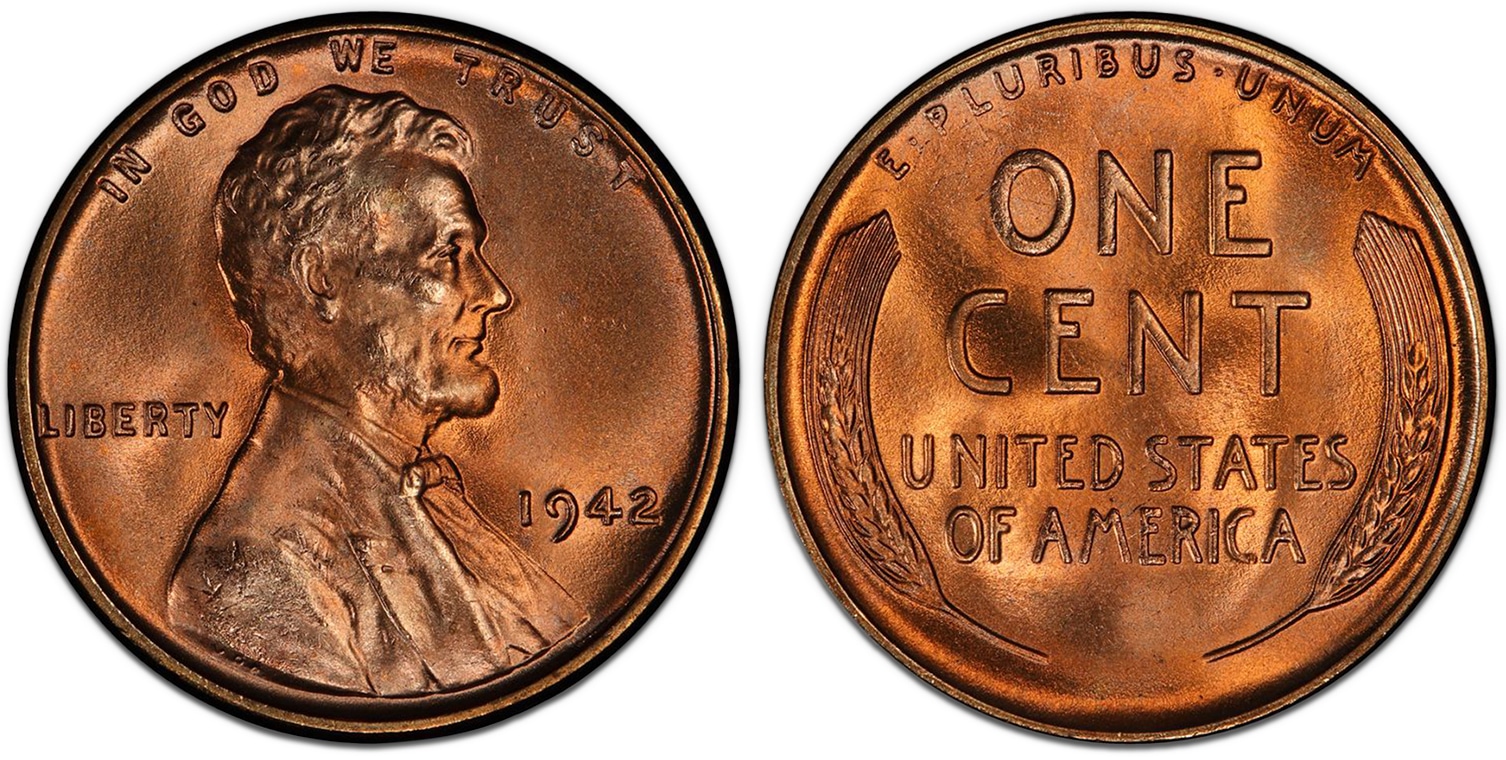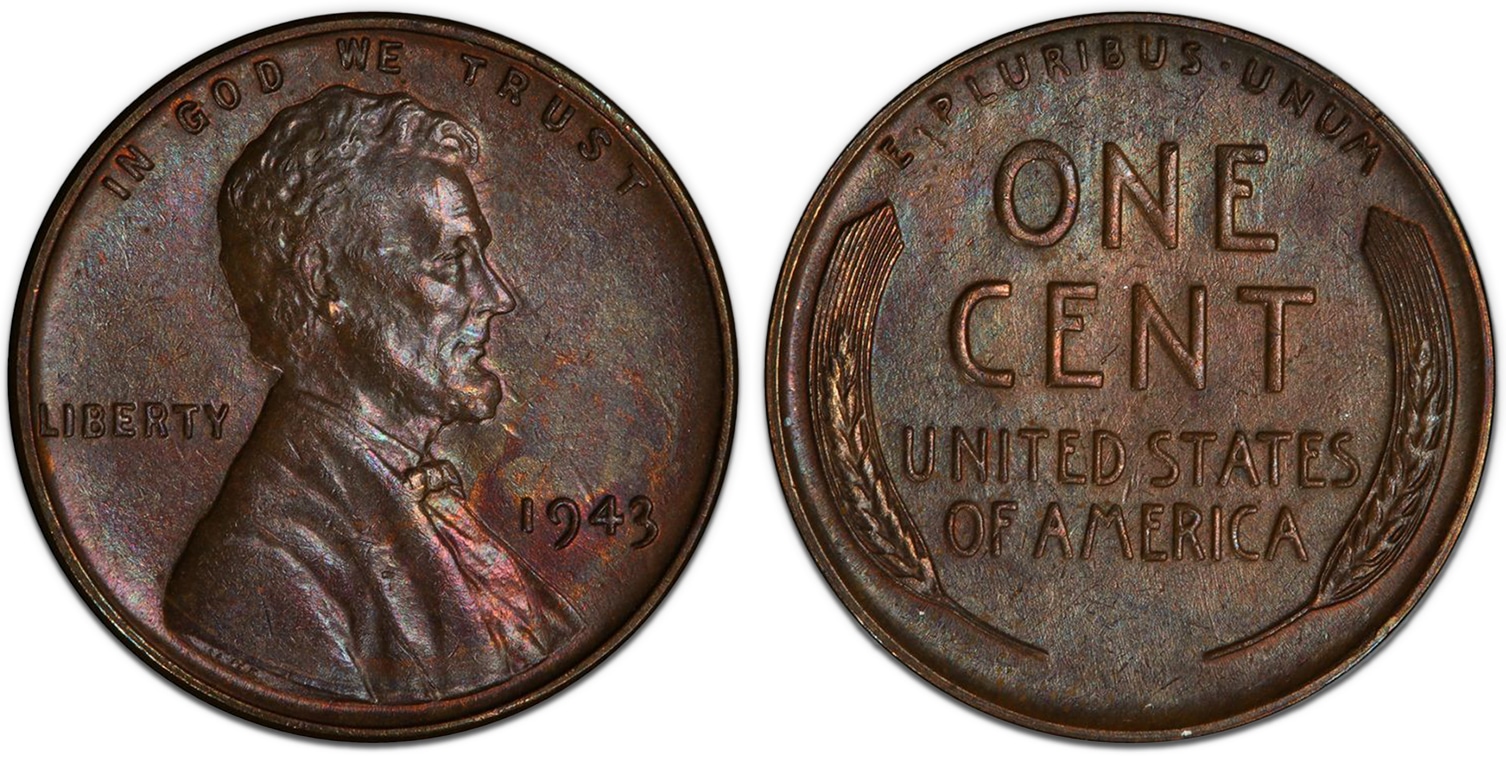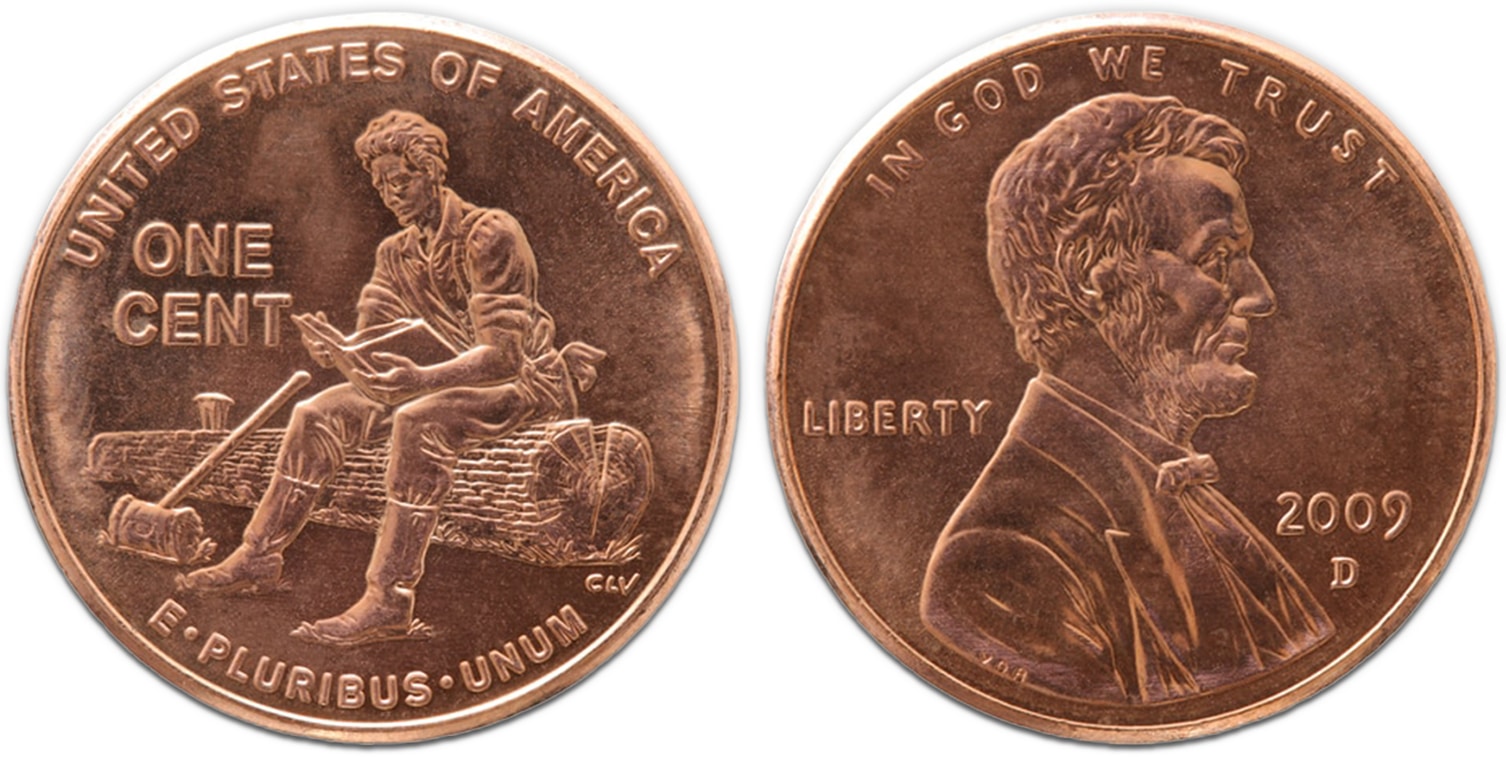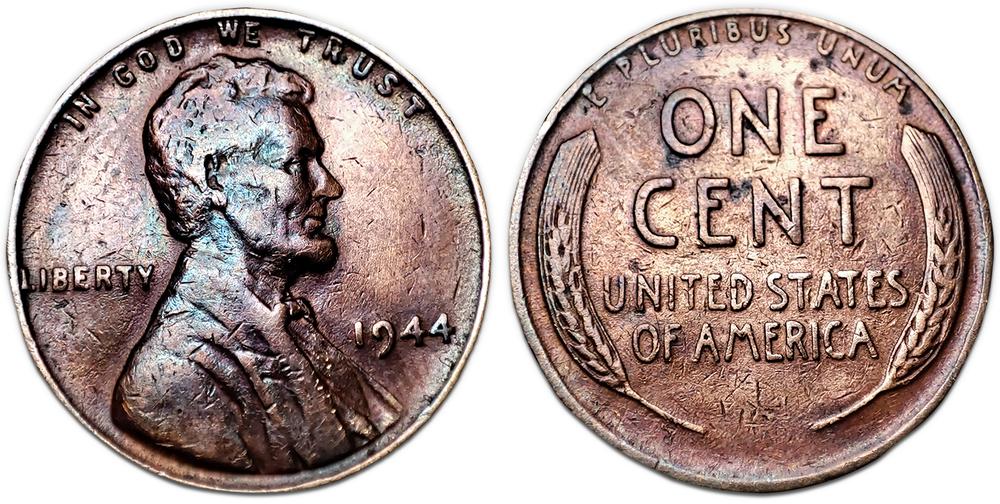Grading, the rarity of some versions, mint marks, strike types, special designations, error coins, and die varieties contribute to a 1958 wheat penny’s value.
Different factors such as grading, mint marks, strike types, die varieties, and error coins all add value to a 1940 wheat penny.
The following factors make 1919 wheat pennies valuable: grading, the rarity of some versions, mint marks, special designations, and error coins.
Factors contributing to a 1906 Indian Head penny’s value include the following: grading, the rarity of some versions, strike type, special designations, error coins, and die varieties.
Grading, rarity, strike types, special designations, die varieties, and errors add to the value of a 2000 gold dollar.
The elements that make a 1969 penny valuable are its grading, the rarity of certain versions, strike type, special designations, and whether or not it’s an error coin or die variety.
Factors playing a part in a 1945 wheat penny’s value include grading (especially mid-to-late mint-state grades), the rarity of some versions, minting location in some cases, special designations, and whether or not they’re error coins or die varieties.
Many factors contribute to a 1942 wheat penny’s value, including grading, special designations, and strike type.
1943 copper pennies are highly valuable coins. This is mostly due to the fact that they are error coins, as 1943 pennies were supposed to be made from steel. As a result, these pennies are very rare, which also adds to their value.
Several factors make a 2009 penny (also known as a 2009 Lincoln penny) valuable in terms of coin collecting. These factors include grading, the rarity of some coins, the coin’s minting location, strike type, design variation, special designation, and whether or not it’s an error coin or die variety.
Several factors contribute to the value of a 1944 wheat penny. These include grading, whether they’re die varieties, have a special designation, or are an error coin.
